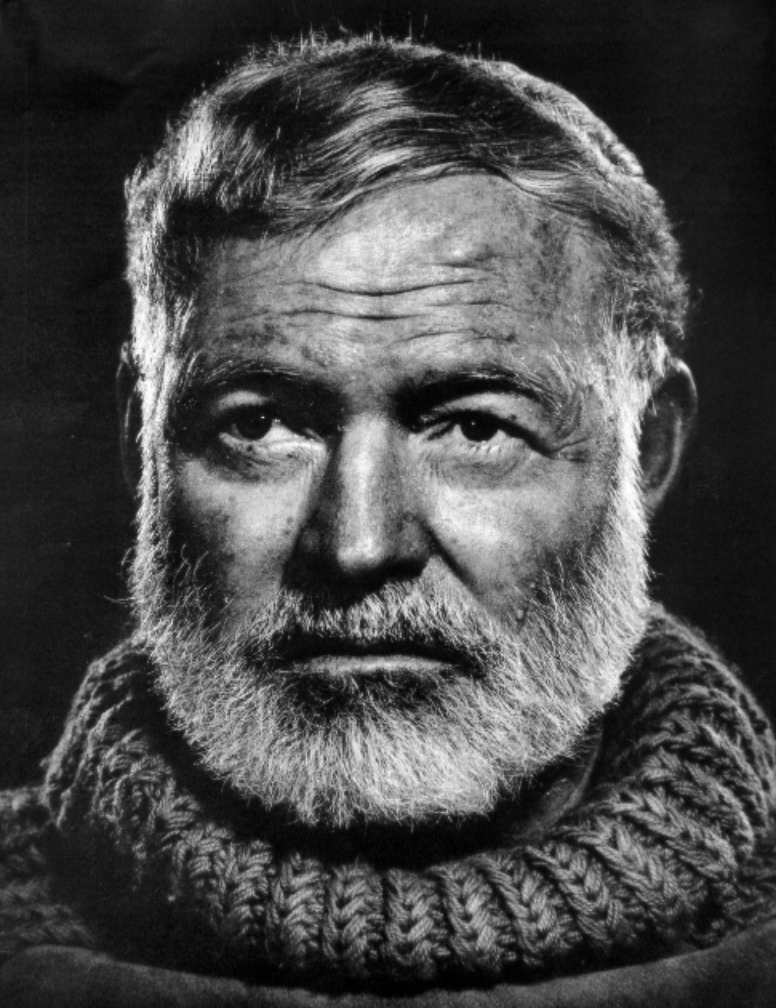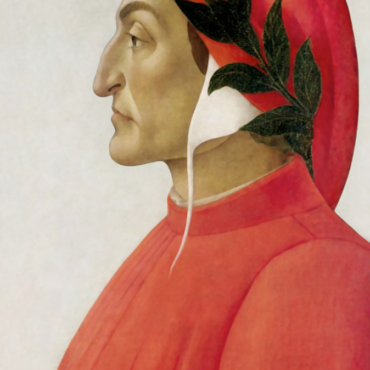The Strange Process of Fiction Writers
Writing fiction is not a walk in the park for everyone. It’s one of those hard feats which require you to be very imaginative and creative with your thoughts. To write fiction, one must have a specific set of rules to follow. But, to be precise, there are no set of rules that you can just pick up from someone else, adapt as your own, and become a great fiction writer. However, there are certain guidelines you can follow. Following these guidelines will lead you to your own set of fiction writing rules and processes.
Every fiction writer has been using their own rules and processes to master their fiction writing skills. Today, we’re going to have a look at 5 of them.
- Honore De Balzac:
Honore De Balzac has the honor to be called one of the greatest novelists of all time. He showed his literature magic in the 19th century and gained a massive heap of popularity. He’s one of the people who helped to establish the “traditional” novel writing with their imagination and fiction.
Here is Balzac’s own fascinating description, penned in March of 1833, of his relentless writing routine:
I go to bed at six or seven in the evening, like the chickens; I’m waked at one o’clock in the morning, and I work until eight; at eight I sleep again for an hour and a half; then I take a little something, a cup of black coffee, and go back into my harness until four. I receive guests, I take a bath, and I go out, and after dinner I go to bed. I’ll have to lead this life for some months, not to let myself be snowed under by my debts.
He was, he said, “driven by the terrible demon of work, seeking words out of the silence, ideas out of the night,” and for this priestlike task he dressed accordingly in Moroccan slippers and a notorious white monkish robe with a belt of Venetian gold from which hung a pair of scissors and a golden penknife.
Here is a collection of his works: The Human Comedy: Selected Stories (New York Review Books Classics)
- Franz Kafka:
Franz Kafka is a german-language writer of the 19th and 20th centuries. His fiction work has been amazingly popular among the people, especially his stories like Der Prozess and Verwandlung broke out to be very popular among the masses.
Part of his routine:
The bizarre organization of Kafka’s writing day. At the Assicurazioni Generali, Kafka despaired of his twelve-hour shifts that left no time for writing; two years later, promoted to the position of chief clerk at the Workers’ Accident Insurance Institute, he was now on the one-shift system, 8:30 AM until 2:30 PM. And then what? Lunch until 3:30, then sleep until 7:30, then exercises, then a family dinner. After which he started work around 11 PM (as Begley points out, the letter- and diary-writing took up at least an hour a day, and more usually two), and then “depending on my strength, inclination, and luck, until one, two, or three o’clock, once even till six in the morning.” Then “every imaginable effort to go to sleep,” as he fitfully rested before leaving to go to the office once more.
This routine left him permanently on the verge of collapse. Yet when Felice wrote to him…arguing that a more rational organization of his day might be possible, he bristled…. “The present way is the only possible one; if I can’t bear it, so much the worse; but I will bear it somehow.”
Here is a collection of his works: Franz Kafka: The Complete Stories
- Vladimir Nabokov:
He was a Russian-born American novelist and critic. He served the masses with his work in the 20th century. Vladimir had a strong grip in literature of both languages, i.e., English and Russian. His imaginative and fictional skills were also on the next level of the horizon. His famous works, including Lolita, feature intricate literary effects.
How he describes his day:
After waking up between six and seven in the morning, I write till ten-thirty, generally at a lectern which faces a bright corner of the room instead of the bright audiences of my professorial days. The first half- hour of relaxation is breakfast with my wife around eight-thirty, and the creaming of our mail.
Around eleven, I soak for 20 minutes in a hot bath, with a sponge on my head and a wordsman’s worry in it, encroaching, alas, upon the nirvana. A stroll with my wife along the lake is followed by a frugal lunch and a two-hour nap, after which I resume my work until dinner at seven.
An American friend gave us a Scrabble set in Cyrillic alphabet, manufactured in Newtown, Conn.; so we play skrebl for an hour or two after dinner. Then I read in bed—periodicals or one of the novels that proud publishers optimistically send us. Between eleven and midnight begins my usual fight with insomnia. Such are my habits in the cold season. Summers I spend in the stumbling pursuit of lepidoptera on flowery slopes and mountain screes; and, of course, after my daily hike of fifteen miles or more, I sleep even worse than in winter. My last resort in this business of relaxation is the composing of chess problems.
Here is Nabakov’s most notable work: Lolita (Vintage International)
- Ernest Hemingway:
Ernest started his career as a writer for a newspaper office, at the age of 17. During the events of the first world war, he was at the front and had to visit many hospitals. He also served as a newspaper writer for various American and Canadian offices and covered events like the Greek Revolution as well. But it was in 1926, with his first famous work “The sun also rises”, that he got well-known for his extraordinary literature skills.
His process:
When I am working on a book or story I write every morning as soon after first light as possible. There is no one to disturb you and it is cool or cold and you come to your work and warm as you write. You read what you have written and, as you always stop when you know what is going to happen next, you go on from there. You write until you come to a place where you still have your juice and you know what will happen next and you stop and try to live through until the next day when you hit it again. You have started at six in the morning, say, and may go on until noon or be through before that. When you stop you are as empty, and at the same time never empty but filling, as when you have made love to someone you love. Nothing can hurt you, nothing can happen, nothing means anything until the next day when you do it again. It is the wait until the next day that is hard to get through.
Here is one of Hemingway’s most notable works: The Old Man and the Sea
- William Faulkner:
William Faulkner was a 20th-century novelist and storyteller who was awarded the 1949 Nobel prize in literature. He faced many difficulties trying to publish his first novel as he wasn’t recognized at that time. But he eventually found a publishes who recognized his unique writing process and storytelling skills, and published his novel, which became immensely popular later on.
Some tips of Faulkner’s productivity:
In order for Faulkner to stay ahead of the curve and keep pen to paper he relied on the following productivity tips:
1. Stop Looking at the Clock: In his novel Sound and the Fury, Faulkner writes, “Clocks slay time… time is dead as long as it is being clicked off by little wheels; only when the clock stops does time come to life.” Staring at the clock doesn’t get your work done and it certainly doesn’t make time go by any faster. Worse, clock gazing kills creativity and imagination. If you stop looking at the clock and at your work you’ll do it faster and with more energy.
2. Be Stoic About Work: If you think about it, work is the only thing we can sustain for a long period of time. Faulkner said, “It’s a shame that the only thing a man can do for eight hours a day is work. He can’t eat for eight hours; he can’t drink for eight hours; he can’t make love for eight hours. The only thing a man can do for eight hours is work. ” In this light work seems less like an obstacle and more like a gift, a challenge to be accepted. If work is all we can do for 8 hours straight–why don’t we do a damned good job?
3. Practice, Practice, Practice. Faulkner believed that reading everything, from cheap magazines to highbrow novels, helped his craft. He said, “Read, read, read. Read everything — trash, classics, good and bad, and see how they do it. Just like a carpenter who works as an apprentice and studies the master. Read!” This goes with any field. The more you know about your trade, the easier and faster and better you can work.
4. Don’t Stoop To Anyone’s Level: Hemingway once said of Faulkner, “Poor Faulkner. Does he really think big emotions come from big words?” Hemingway had a point. Faulkner’s prose is dense, complicated, and takes work to get through–but it’s also rewarding, rich, and large in scope. In reply, Faulkner said: “Hemingway has never been known to use a word that might send a reader to the dictionary.”
He wanted to keep things murky in order to keep the reader in suspense. He tried to challenge and test people and that made him work hard to search for new literary styles, interesting words, and literary references. You don’t have to work to make everyone happy, sometimes it’s better to work for yourself.
5. We’re Failures, So Fail Beautifully: If you think for a moment that you can achieve any amount of perfection in your work…you’re either delusional or an intern fresh out of college. Faulkner agrees: “All of us failed to match our dreams of perfection. So I rate us on the basis of our splendid failure to do the impossible.” We have to admit our inability, but we have to make sure we try our hardest get close to perfection.
6. Save Time, Kill Your Darlings: Faulkner famously said, “Kill your darlings.” This violent command was actually a sound piece of advice for writers. Faulkner believed that sentences beloved by their authors were most likely long winded, extraneous, and were only kept alive out of blind love rather than real need. This philosophy drives all of Faulkner’s work and pressed him to write not only what he thinks is good, but what is good by itself.
Here is one of Faulkner’s collections: Collected Stories of William Faulkner







Add Comment